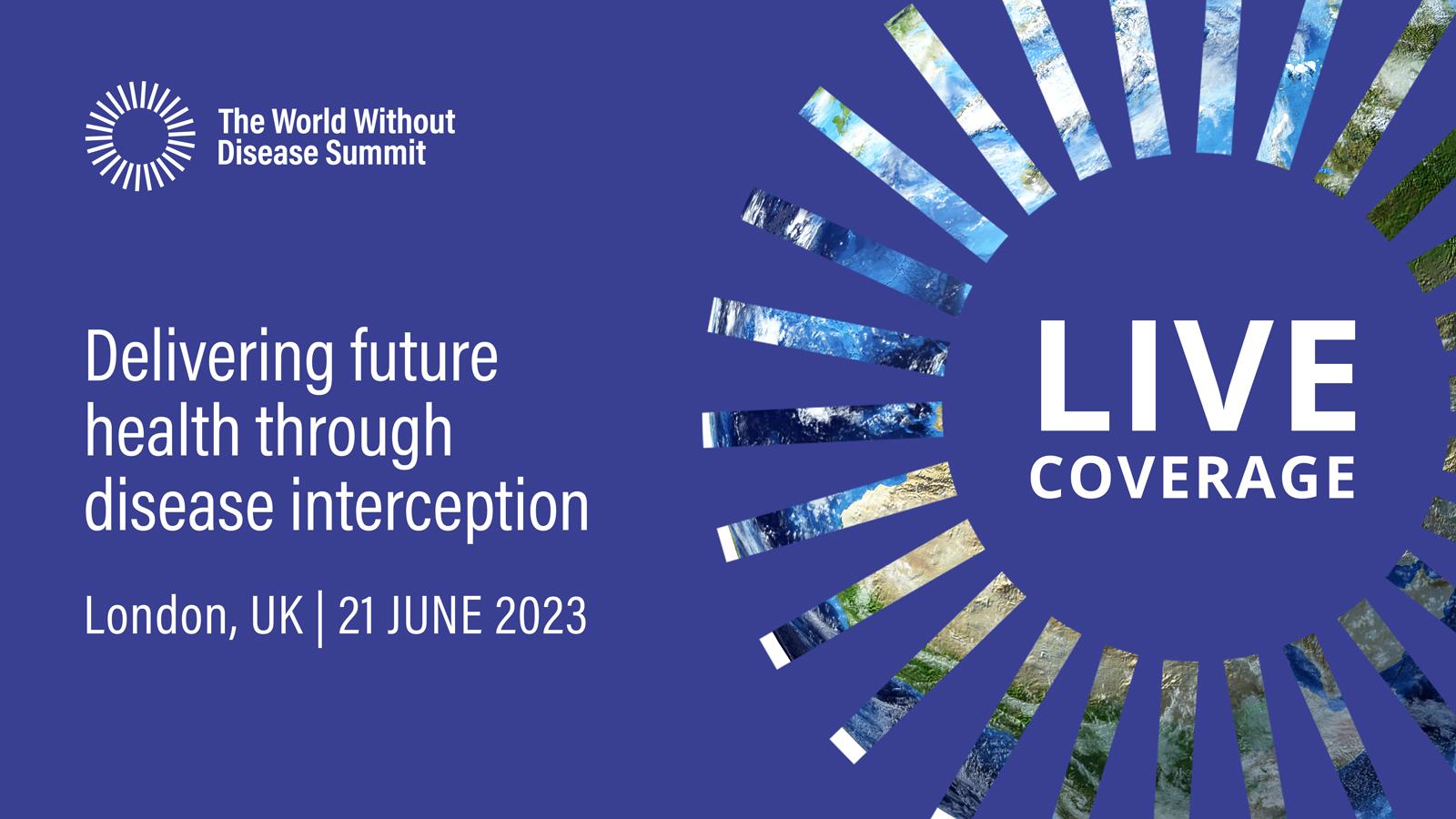Pre-emptive medicine: Pushing the boundaries of preventative 'sick care'

The upcoming World Without Disease summit, scheduled for 21st June in London, aims to explore innovative ways to facilitate earlier disease prediction, prevention, and interception, which can deliver vastly improved outcomes for patients in a much more sustainable manner. But for Hutan Ashrafian, chief scientific officer of pre-emptive medicine and health security at Flagship Pioneering, equal attention should be given to pre-empting disease, rather than solely focusing on innovative therapies.
"At the initiation stage, there is an entry into a pathway that might one day become disease," explains Ashrafian. "If we could tag on to that having a predictive model that will tell us, with a timeline, if there was a high risk of a particular condition, at the earliest biological signal, we could then intervene and change the pathway of those downstream, biological effectors in [such] a way that no individual would ever have to suffer from disease."
As Ashrafian explains, this pre-emptive approach is distinct from existing approaches to prevention, as it prioritises proactive intervention. To illustrate this, he spotlights the scope of today's screening programmes, where patients can be examined for a variety of different diseases, but are often only actively screened for a handful of conditions.
“A lot of these decisions on when to screen are on a risk-benefit or the side effect profile of the intervention to screen, but also what the solution would be if the screen was picked up,” he explains. “Whereas [with] pre-emptive medicine, we are going to be able to identify conditions so early in their lifecycle that the risk-benefit would be totally different because interventions wouldn’t need to be as extreme. It would be a therapeutic nudge, rather than a therapeutic hammer."
Exploring ways to realise the potential of this therapeutic nudge will be at the centre of Ashrafian's presentation at the World Without Disease summit. However, despite his belief in pre-emptive medicine, he is under no illusion that there is a long road ahead for the concept, with numerous challenges to overcome.
Facilitating this paradigm shift requires a change in mindset away from a sick care model and a willingness to embrace a more nuanced understanding of evidence generation.
"The problem with the sick care model is that it drives finances because it's an easy thing to cost for, and people are very comfortable in that space," he explains. "There needs to be a big leap of faith and an understanding that, if you were to wait for a 20-year longitudinal, randomised control trial in a pre-emptive process for every disease, that at all times, in every place, we would need another 100 years before we did anything. We'd need to be a bit more nuanced in our evidence generation."
"People that I work with at Flagship Pioneering are really pushing those boundaries as much as [possible] to understand biology, not come up with new solutions, or new understandings and mechanisms, but we are still in our infancy of that. There is still so much scope to really take control of our bodies in a way that we can support them for long-term well-being."
To hear more from Hutan Ashrafian, don't miss his pre-emptive medicine presentation on 21st June at the Royal Society of Medicine in London. It's not too late to register for the event.














